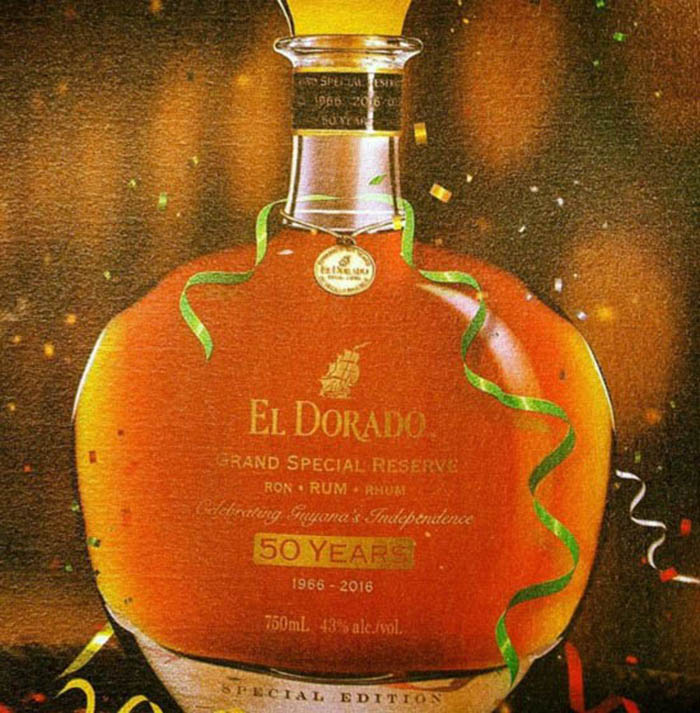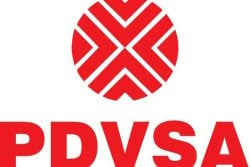The realisation of the prevailing sound reputation which the Demerara Distillers Ltd (DDL) enjoys on the international rum market is derived from the company’s innovativeness, high standards, and its preoccupation with understanding and responding to the requirements of the global market, the company’s Executive Chairman, Komal Samaroo has told the Stabroek Business.
Asked to account for the successes which the company has realised on the international spirits market over the years, Samaroo told Stabroek Business that DDL continues to be driven by innovativeness and by its scrupulous attention to market trends. These tenets, he said, had contributed to the positioning of the company for its accomplishments in what he described as a “highly competitive” global market.
 According to Samaroo, while upon entry into the international rum market, the company had initially benefitted from “special trade arrangements, it had, thereafter, moved to evolve with the evolution of those trading arrangements. Part of that evolution, he explained, involved a moving away from the company’s dependence solely on “bulk business” and entering into the realm of the “branding business.” That decision, he said, had led to the launch – about thirty years ago – of the company’s El Dorado brand. “At the time that we took that decision, we decided, based on our research and analysis, to take a route that was very different from other rum brands… we went the route of creating a premium rum brand. At the time when we launched the Eldorado 15 Year Old, there was not another aged rum on the market. We pioneered that segment of the market which, today, has become the gold segment,” Samaroo explained.
According to Samaroo, while upon entry into the international rum market, the company had initially benefitted from “special trade arrangements, it had, thereafter, moved to evolve with the evolution of those trading arrangements. Part of that evolution, he explained, involved a moving away from the company’s dependence solely on “bulk business” and entering into the realm of the “branding business.” That decision, he said, had led to the launch – about thirty years ago – of the company’s El Dorado brand. “At the time that we took that decision, we decided, based on our research and analysis, to take a route that was very different from other rum brands… we went the route of creating a premium rum brand. At the time when we launched the Eldorado 15 Year Old, there was not another aged rum on the market. We pioneered that segment of the market which, today, has become the gold segment,” Samaroo explained.
According to Samaroo, even as the company has successfully created “a whole new business out of international branded rums, it has also moved to rationalise its bulk rum commodity business. In this regard, he explained that the company has benefitted from the fact that the global bulk market had begun to grow and that “producers started looking for reliable and quality supply chains for their bulk input.” This, he said, led DDL to “revamp our marketing approach to our bulk rum, aligning it with major international companies who had their own brands.”
Contextually, the DDL Chairman told Stabroek Business that the company’s relationships with its new partners thrived on account of the fact they knew that they could rely on the company’s quality and was also aware that the DDL had attained the ISO 9000 standard.
“We follow ethical business standards in everything and that fit in with their corporate philosophy. We became important partners to the largest rum [and] spirit producers in the world. We are part of their supply chain,” Samaroo informed.
Asked whether DDL had considered itself under any pressure deriving from the fact that it was ‘playing in the big league’ of the international spirits market Samaroo responded in the affirmative. “There are standards and there is pressure. Fortunately for us we aspire to follow international best practices and our entire technical and management team are aligned. If the international marketplace requires a standard we have to achieve it. We have to be as good as our customers want us to be.”
According to Samaroo, meeting the needs of the company’s international partners requires that DDL satisfy all the standards, all the certification that they require “including the way we treat our staff and the way we treat the environment and the society.”
Asked about the company’s decision to enter into what is widely regarded as the industry’s high stakes premium rum segment, Samaroo said that the decision was made on the basis of the company’s assessment of what was happening on the wider spirits market. “When we looked at what was happening in the whisky segment where single malt whisky was on the rise, we realised that consumers were looking for premium, unique products. You ride on the trend,” he added.





